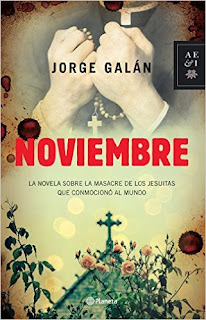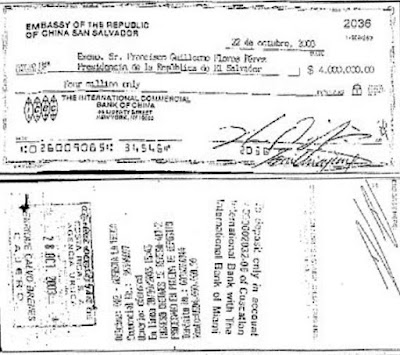The question I receive from readers more than any other is whether it is safe to travel to El Salvador. This question has come with more frequency this year as headlines have proclaimed El Salvador as the murder capital of the world. My answer to this question is always “Yes, if you are smart about it.” It’s worth starting with the language of the most recent Travel Warning from the US State Department: Tens of thousands of U.S. citizens safely visit El Salvador each year for study, tourism, cruise ship visits, business, and volunteer work. There is no information to suggest that U.S. citizens are specifically targeted by criminals; however, crime and violence are serious problems throughout the country. US State Department Travel Warning , June 22, 2015. In the next sentence the Travel Warning goes on to state: Since January 2010, 34 U.S. citizens have been murdered in El Salvador including a nine-year-old child in December 2013. What is...



